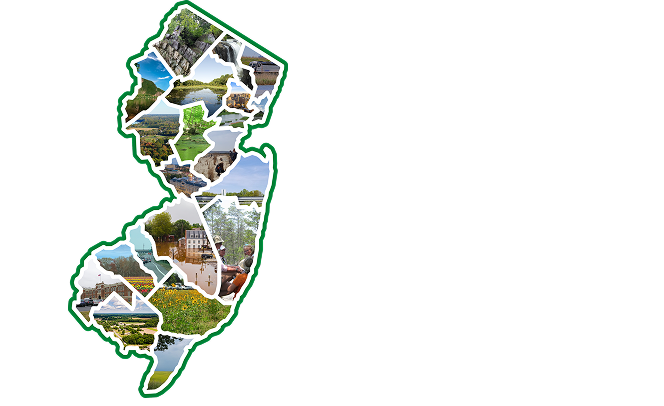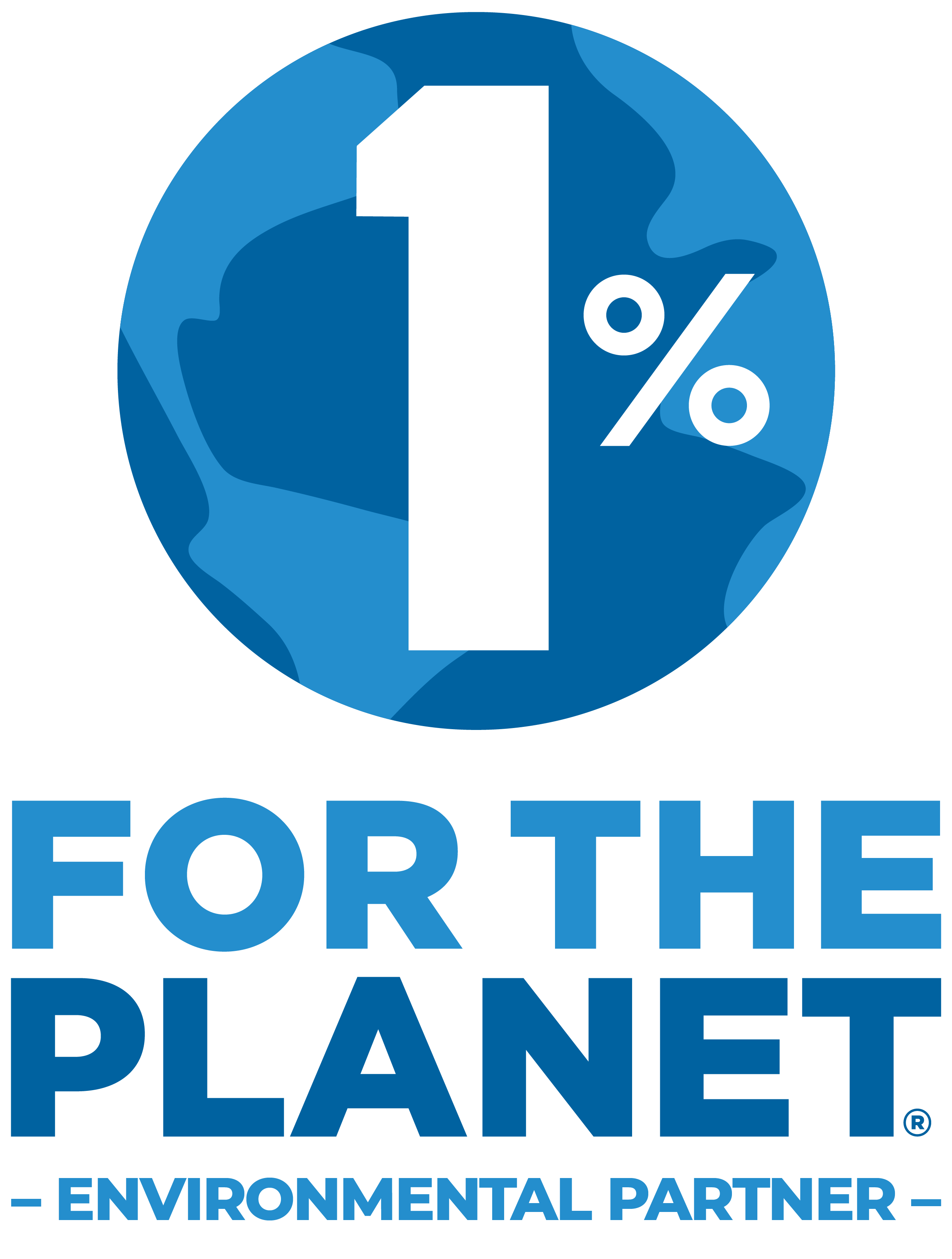Active banners: 0 Visible banners: 0
What Can We Learn from Fixing the Ozone Hole?
Provided by: The Climate Question |Published on: December 3, 2022
Podcasts
9101112AP
Synopsis
- This podcast discusses the scientific research that led to the discovery of the ozone hole, how the problem was addressed through the Montreal Protocol, what we can learn from that response, and how it can be applied to climate change.
- It uses storytelling and expert interviews with scientists, along with musical interludes, sound clips, and historical references to explain the scope of the problem and the steps of the discovery and response to address this global crisis.

Subjects: Chemistry, Earth and Space Sciences
Authors: The Climate Question
Region: Polar Regions, Global
Languages: English
Teaching Materials
Positives
- This podcast is a fun way to introduce students to the most successful global environmental treaty in history.
- The scientists interviewed were directly involved in discovering the ozone hole and in monitoring the levels to ensure the Montreal Protocol was adhered to.
Additional Prerequisites
- This resource requires access to the Internet.
- The last five minutes is an introduction to another podcast about climate change.
- You may want to reinforce that as new information is gained from new research or technological advancements, solutions may need to change or adjust to take those insights into account (such as the realization that some of the substitute gases for CFCs were powerful greenhouse gases).
Differentiation
- This resource can also be used in health classes during lessons about ultraviolet radiation and cancer, or in history classes during lessons about international cooperation and treaties.
- Have students consider why the Paris Agreement has not had the same success as the Montreal Protocol.
- To have students learn more about solving environmental problems, have them listen to this podcast about peatlands and this podcast on methane emissions.
- Social studies and civics classes can use this podcast as a introduction to global treaties or as an example of international cooperation that can be modeled to address climate change.
Scientist Notes
Teaching Tips
Standards
Resource Type and Format
All resources can be used for your educational purposes with proper attribution to the content provider.



